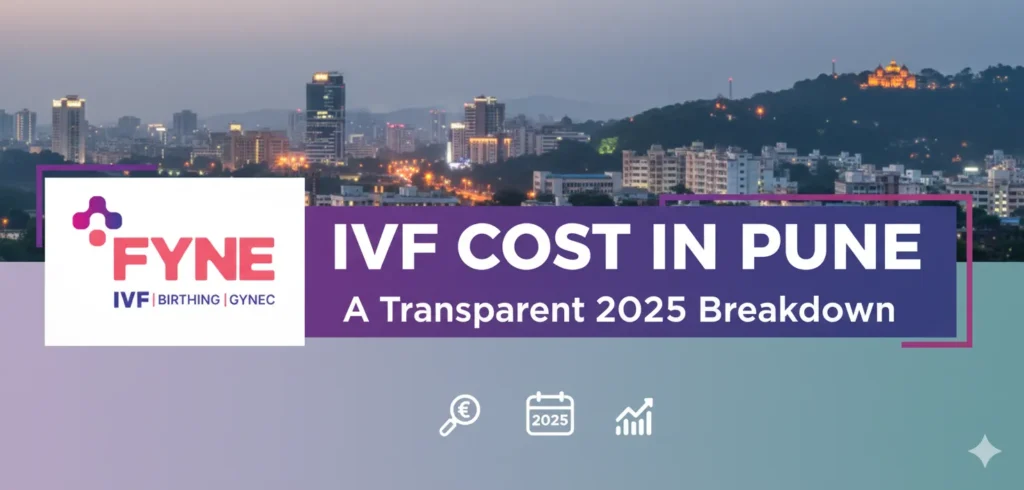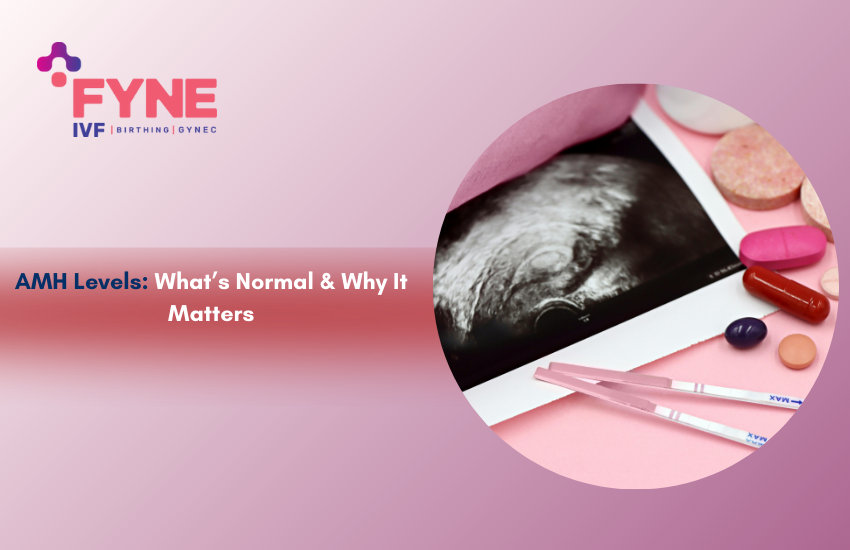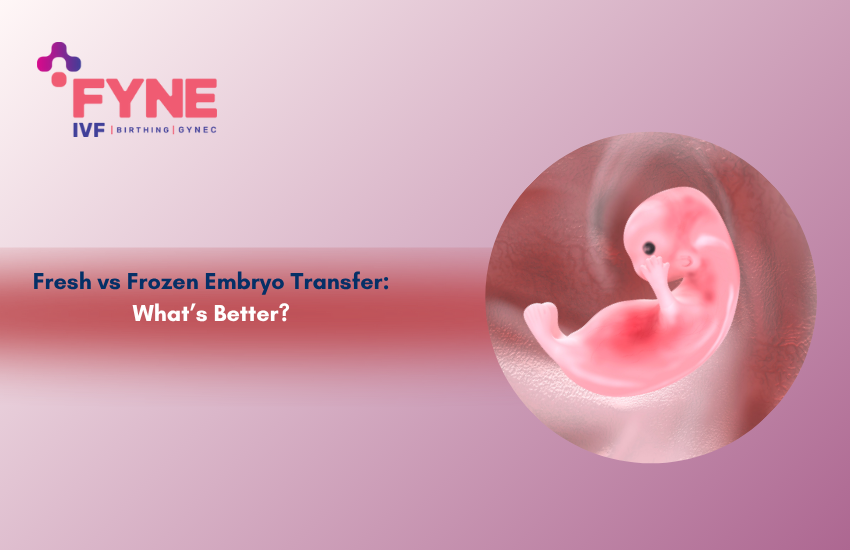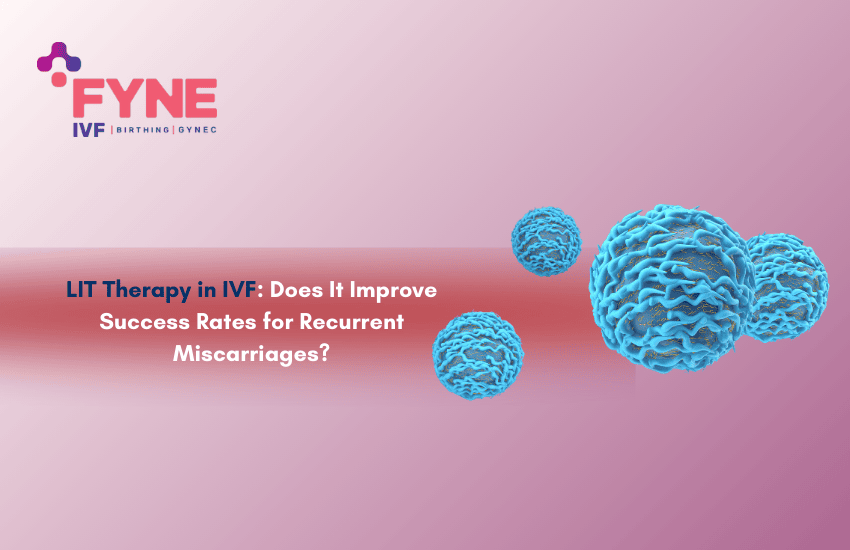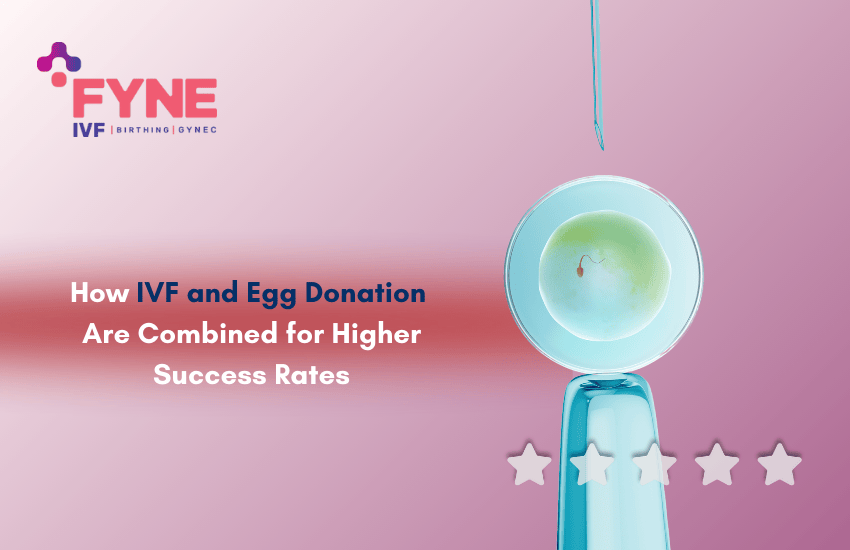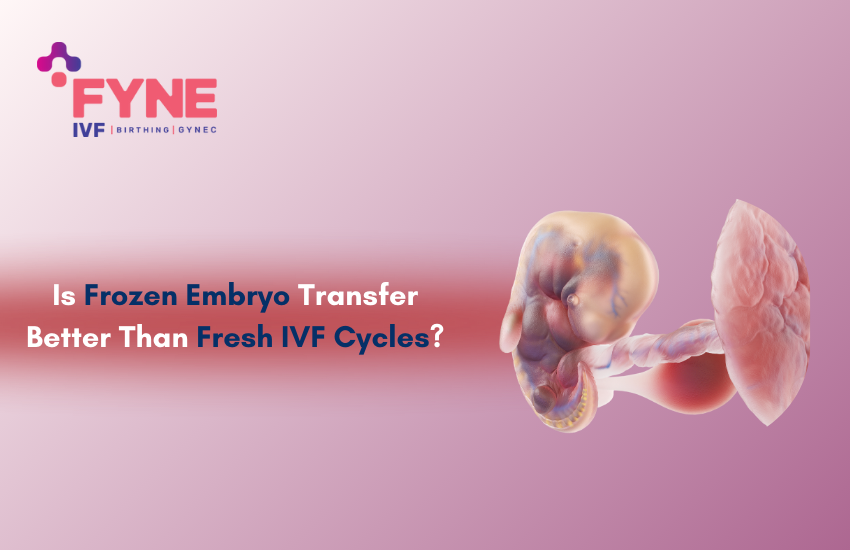Choosing a clinic matters. You should pick a center that fits your health needs, budget, and comfort level. Below is a clear, side-by-side comparison of Indira IVF and Fyne IVF in Pune. Quick summary Services offered Both clinics offer common fertility services. Here are the main ones. Service Indira IVF Fyne IVF IVF (standard) Yes […]
IVF Cost in Pune: A Transparent 2025 Breakdown
Understanding the cost of IVF is a crucial first step. Many patients feel overwhelmed by unclear pricing. We believe in complete transparency. This guide provides a detailed breakdown of IVF costs in Pune for 2025. You will see what to expect and why prices vary. A single IVF cycle typically ranges from ₹2,00,000 to ₹3,50,000. […]
Understanding Your AMH Normal Values & What They Mean for Fertility
Anti-Müllerian Hormone (AMH) is a critical marker for assessing ovarian reserve, the number of eggs remaining in the ovaries. As AMH directly correlates to fertility potential, understanding your AMH levels is essential when considering pregnancy, especially in the context of assisted reproductive technologies like IVF.In this blog, we’ll dive into what AMH levels mean, how […]
Fresh vs. Frozen Embryo Transfers: Which One is Better for IVF Success?
Choosing IVF as a path to parenthood can be one of the most significant decisions you make, and with it comes many questions about the best approach to treatment. Among these decisions, one of the most important is whether to go for a fresh or frozen embryo transfer. Each option has its benefits and considerations, […]
Diet and Fertility: Foods That Can Help Improve Your Chances of Conception
When it comes to conception, diet plays a vital role in both men’s and women’s fertility. The foods we eat impact our reproductive health, hormone regulation, sperm quality, and egg health. By making intelligent dietary choices, you can maximise your chances of conception and create a healthier environment for pregnancy. In this blog, we’ll explore […]
The Role of Mental Health in Fertility: Coping with Stress During IVF
Fertility treatments like IVF can be a rollercoaster of emotions. Alongside the physical demands, the mental and emotional strain can be overwhelming for many couples and individuals trying to conceive. Mental health plays a critical role in fertility, influencing not only your overall well-being but also potentially affecting treatment outcomes. This blog is here to […]
Advancements in IVF Technology: What’s New in 2025?
In-vitro fertilisation (IVF) has revolutionised fertility treatment over the past few decades, offering hope to countless couples struggling to conceive. As science advances, so does the technology that supports IVF, continuously improving success rates and patient experiences. In 2025, several exciting new technologies and techniques are shaping the future of IVF, making it more effective […]
LIT Therapy in IVF: Does It Improve Success Rates for Recurrent Miscarriages?
For couples who have faced the devastating heartbreak of recurrent miscarriages or repeated implantation failures during IVF, the journey to parenthood can feel emotionally and physically exhausting. In some cases, the cause behind these failures may not be related to embryo quality or uterine health, but to the immune system itself. One supportive treatment that […]
How IVF and Egg Donation Are Combined for Higher Success Rates
In vitro fertilisation (IVF) has been a life-changing advancement for countless individuals and couples facing infertility. For some, combining IVF with egg donation offers the best chance of achieving pregnancy, especially when factors like advanced maternal age, poor egg quality, or genetic conditions are involved. In this blog, we’ll walk you through how IVF and […]
Is Frozen Embryo Transfer Better Than Fresh IVF Cycles?
When considering IVF treatment, one common question patients ask is whether a frozen embryo transfer (FET) is better than a fresh embryo transfer. With advancements in fertility treatments, both approaches are widely used, but choosing the right one can make a significant difference in outcomes depending on your individual situation. In this blog, we’ll explain […]

